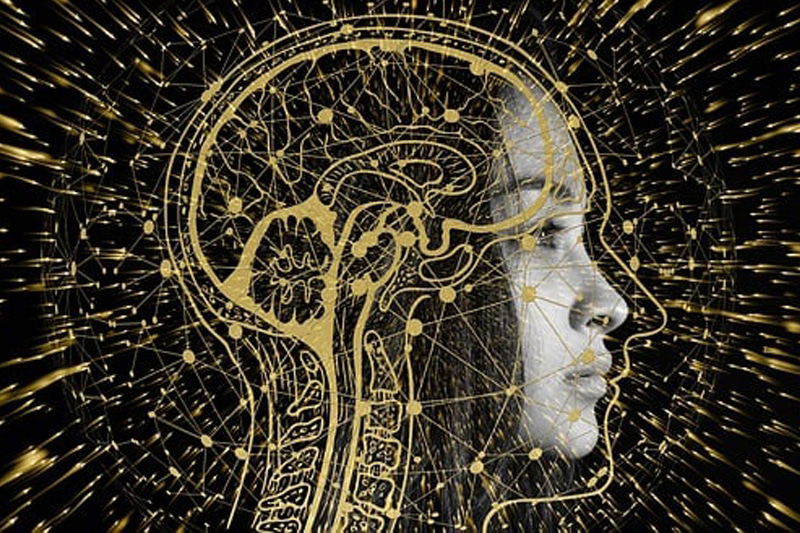Tinnitus is defined as an intermittent or constant sound of ringing or buzzing in the ears when no external sound is present. Physiologically, tinnitus occurs when the inner ear hair cells, responsible for transforming sound waves into electrical signals, are damaged. The result is that the brain does not receive the signals it is expecting, and this causes abnormal activity in the neurons and creates the illusion of sound.
Damage to the hair cells can be a result of excessive noise or blast exposure, whiplash, head or neck trauma, impacted earwax, middle ear infections, allergies and sinus complications, aging and hearing loss. In addition, there are more than 200 drugs known to cause tinnitus.
If hearing loss is present, sound therapy in the form of hearing aids is the best treatment. Introducing sound in the area where hair cell damage is the greatest, provides the missing information the brain needs.
In addition to hearing aids, other treatment options such as behavioral therapy, a comprehensive assessment to evaluate diet, sleep, exercise and stress management can also help in the management of tinnitus.
Artificial Intelligence (AI) is being used in digital smart assistants like Siri and Alexa in addition to social media platforms to use data as a way of customizing solutions. It is possible for machines to learn from experience, adjust to new information, and perform human-like tasks. Many of today’s hearing aids are using AI to help in noise management. In addition, many IOS devices offer a noise level measurement feature to measure if noise levels are safe. If the person is listening to music at high levels (which could exacerbate their tinnitus), the app will send a warning. In addition, there are over 100 digital options for “tinnitus relief” that patients can use either through their hearing aids or to help mask their tinnitus when they are not wearing hearing aids.
Most exciting is a new generation of wearable technology, with sensors that can offer AI personalized therapies. The Bionics Institute in Melbourne, Australia has developed an algorithm based on results of brain imaging that can detect whether a person has tinnitus and how severe it is.
If you are interested in learning more about tinnitus, please register to attend our monthly Zoom Lecture Series on April 26th at 1pm.
Call any of our Hearing Partners offices:
- Delray – 561-638-6530
- Boynton – 561-736-6002
- Jupiter – 561-888-7260




